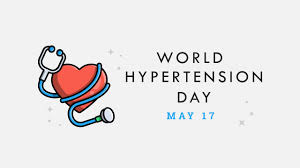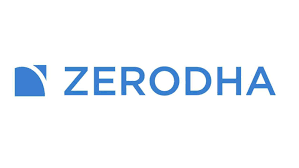World Hypertension Day, observed annually on May 17th, serves as a global platform to raise awareness about hypertension, commonly known as high blood pressure. This condition is often referred to as the “silent killer” or “slow poison” because it typically manifests without noticeable symptoms, yet it can have severe and far-reaching consequences if left untreated.
Hypertension occurs when the force of blood against the walls of the arteries is consistently too high. Over time, this can lead to damage to the blood vessels, heart, brain, kidneys, and other organs, increasing the risk of serious health complications such as heart disease, stroke, kidney disease, and even death.
One of the most concerning aspects of hypertension is its asymptomatic nature in the early stages. Many people may be unaware that they have high blood pressure until they experience a health crisis or undergo routine medical checks. This underscores the importance of regular blood pressure monitoring and health screenings, especially for individuals with risk factors such as obesity, unhealthy diet, lack of physical activity, smoking, excessive alcohol consumption, and a family history of hypertension.
World Hypertension Day aims to educate communities, healthcare professionals, policymakers, and individuals about the importance of prevention, early detection, and management of hypertension. Initiatives on this day include public health campaigns, educational seminars, free health screenings, distribution of informational materials, and advocacy for healthier lifestyles.
By promoting awareness and understanding of hypertension, World Hypertension Day seeks to empower individuals to take proactive steps in managing their blood pressure through lifestyle modifications, such as adopting a balanced diet low in sodium and saturated fats, engaging in regular physical activity, maintaining a healthy weight, managing stress, limiting alcohol intake, and quitting smoking. Additionally, it emphasizes the significance of seeking medical care and adhering to prescribed treatment plans for those diagnosed with hypertension.
Ultimately, the overarching goal of World Hypertension Day is to reduce the global burden of hypertension-related morbidity and mortality by fostering a culture of prevention, early intervention, and comprehensive healthcare management. Through collaborative efforts at the community, national, and international levels, this observance strives to promote cardiovascular health and enhance quality of life for individuals worldwide.



